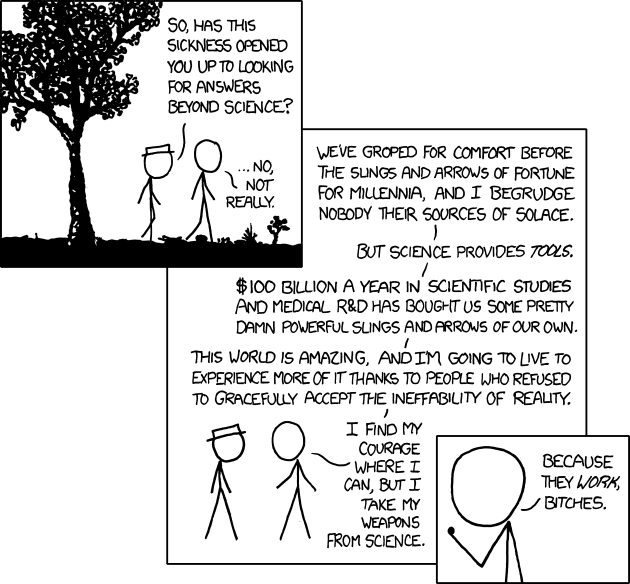Per Quine's results from "Two Dogmas of Empiricism", the Duhem-Quine thesis, and later results such as those of Kuhn and Feyerabend, all empirical observations are theory laden. Even widely accepted facts such as the Earth is round or the Earth revolves around the Sun are dependent on theories and presuppositions, and any theory can be supported by any set of facts provided additional auxiliary hypotheses are added to reconcile them with each other.
But then if no clear cut epistemic method can differentiate between Einstein and Newton or Ptolemy and Copernicus, how can we ever be able decide competing debates about various social issues and science related social debates? If facts cannot clearly decide in favor of one theory over the other, then doesn't everyone become truly entitled to their opinion?
Consider various contemporary debates such as climate change or the debate over the relationship between vaccines and autism and other diseases: There is broad scientific consensus that climate change is real and vaccines do not causes autism, and anybody who denies these facts is considered to be unscientific, ignorant and deserving of mockery and derision. But, if Duhem-Quine and theory ladeness of facts hold, then climate change deniers and anti-vaxxers are perfectly entitled to their opinion. As long as they come up with a suitable set of presuppositions, then no set of facts can ever prove them wrong, and accusing them of being irrational or illogical is disingenuous and unfair.
The situation would be made even worse when trying to discuss facts about social sciences and policy. If facts cannot decide in favor of one theory or another, how are any discussion about ethics or the effects of policy on society ever possible? If a far right nationalist party wants to make some farfetched claim about how immigrants are destroying society and corrupting our pure innocent women, nobody can accuse them of being irrational or crazy, they can always base their worldview on a set of suitably chosen presuppositions.
So my questions:
- How can one argue against climate change deniers and antivaxxer and other extreme and potentially harmful anti-science views, given the Duhem-Quine thesis, theory ladeness of facts, and the underdetermination of theories by data?
- Given the above mentioned results from philosophy of science, how are factual and logical debates about social and political issues possible at all? Isn't it the case that nobody can ever be wrong about their political and social views? Is there anyway out of such relativism?
A clarification based on some of the answers I've received: I'm not looking for the psychological factors that cause people to hold such beliefs, or a pragmatic method of dealing with them. I am asking about the epistemic grounds for refuting them and considering their views invalid, given the underdetermination of data, although obviously there could be overlap between such epistemic justification and the pragmatic solution to dealing with them.

